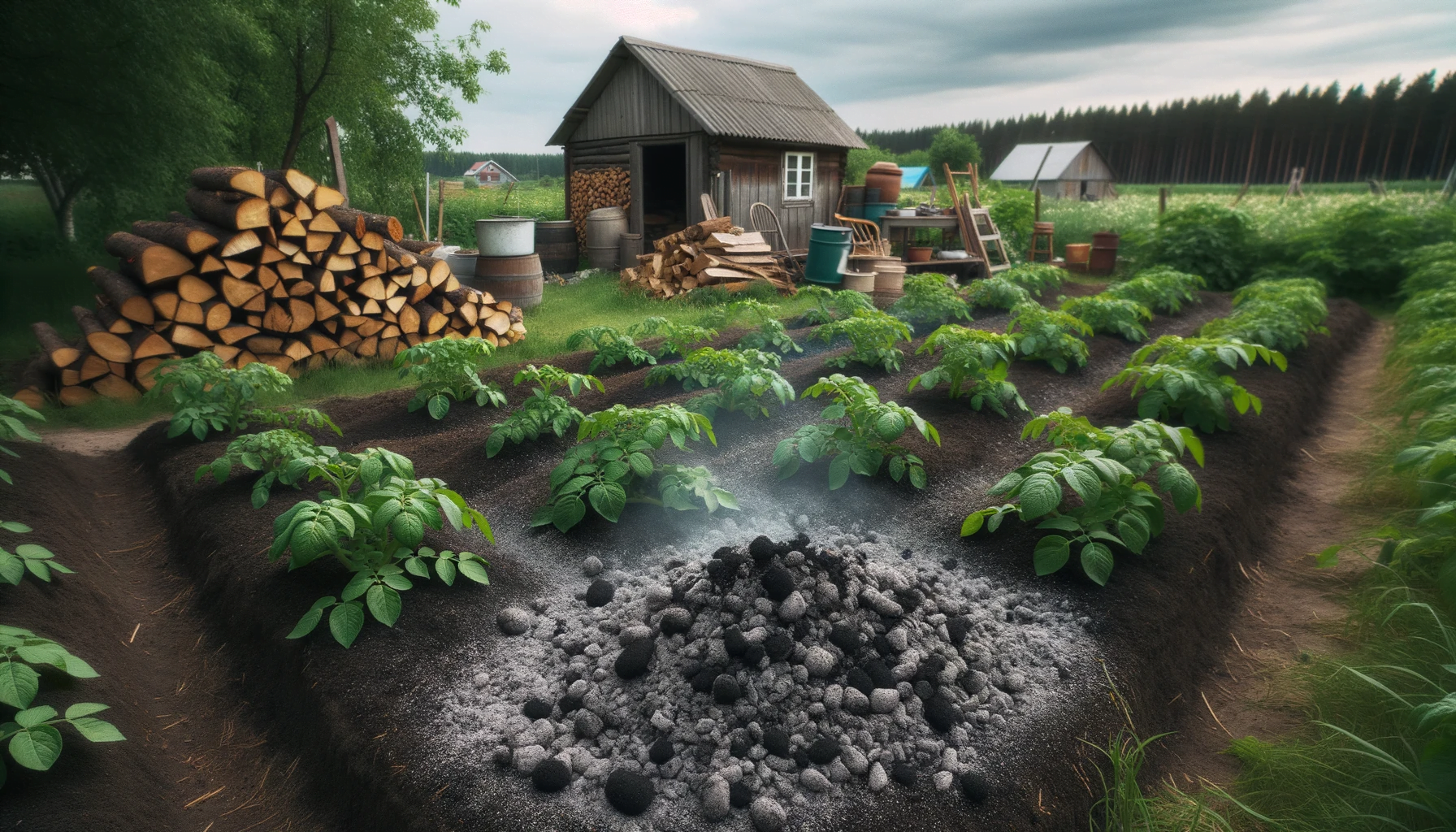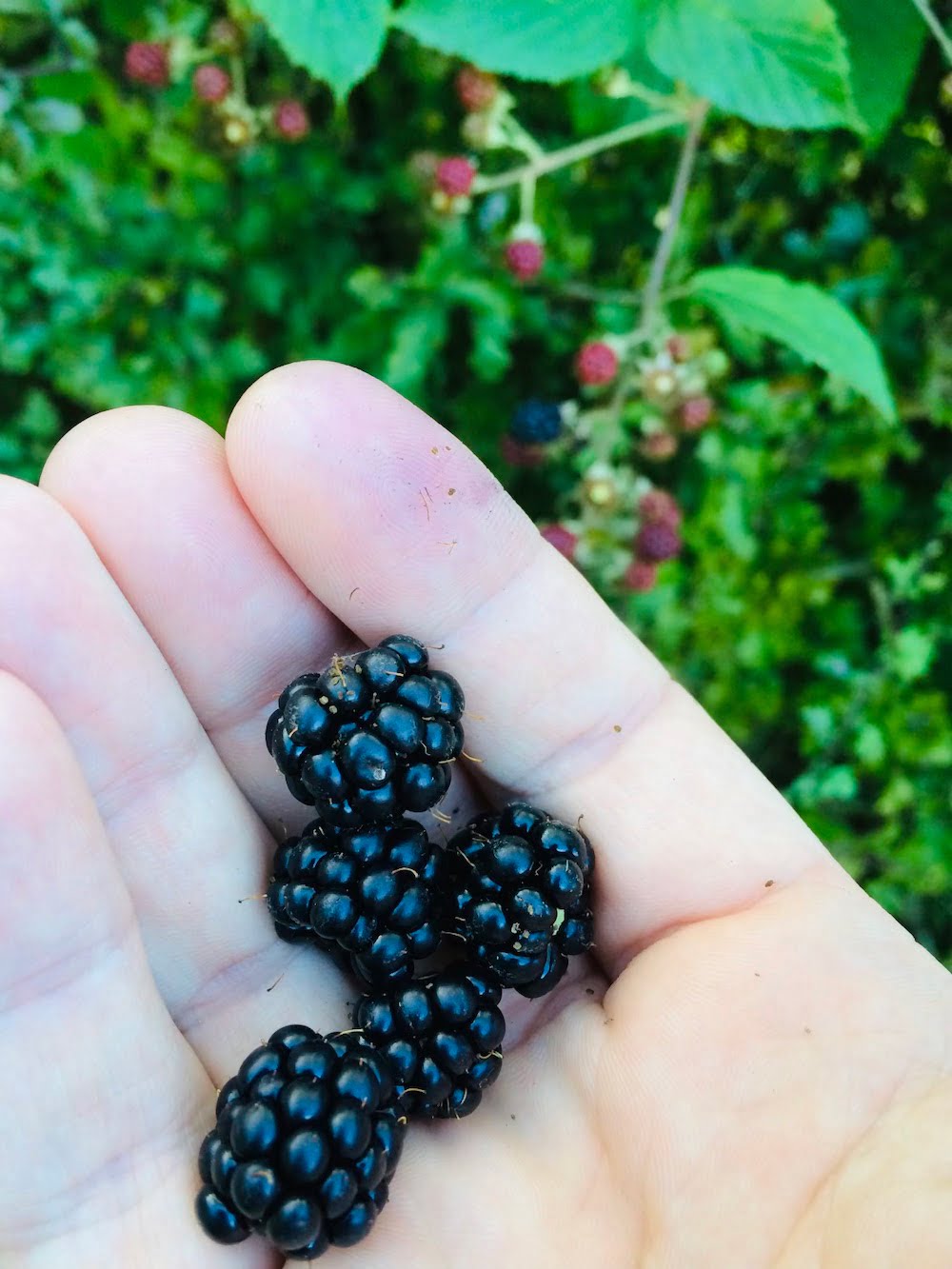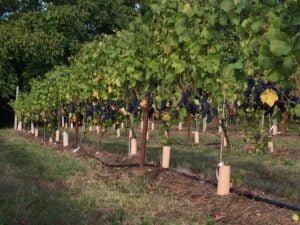Potatoes, one of the most widely consumed staple foods across the globe, have long been cultivated using various techniques to optimize their growth and yield. A recent topic that has piqued the interest of potato enthusiasts and gardeners alike is the potential benefits of using wood ash as a fertilizer. Derived from burnt wood, wood ash is known for its rich mineral content, and proponents argue that it can provide essential nutrients to the soil, ultimately enhancing potato growth. However, the question remains: is wood ash truly beneficial for potatoes? This article aims to explore the efficacy of wood ash as a fertilizer for potatoes, analyzing its potential advantages and considerations that must be taken into account for optimal results.
Effects of Wood Ash on Potato Growth
| Parameter | Description | Typical Value | Importance |
|---|---|---|---|
| pH Level | Soil pH level after wood ash application | 6.5 – 8.0 | Ideal soil pH for potatoes is 5.0 to 6.0. Wood ash can raise the pH, so monitoring is required to avoid overly alkaline conditions. |
| Potassium Content | Amount of potassium in wood ash | 3 – 7% | Essential for root growth and tuber formation. A balance is necessary as excessive potassium can hinder other nutrients’ uptake. |
| Calcium Content | Amount of calcium in wood ash | 1.5 – 10% | Important for cell division and soil structure. Helps in preventing soil compaction. |
| Magnesium Content | Amount of magnesium in wood ash | 0.5 – 2% | Vital for enzyme activity and overall plant health. |
| Application Rate | Recommended wood ash application per area | 5 – 20 lbs per 100 sq. ft. | Overapplication can lead to nutrient imbalances and high soil pH. Soil testing is recommended to determine the appropriate rate. |
| Heavy Metals | Potential contaminants in wood ash | Varies | Using clean wood sources is crucial to prevent heavy metal contamination in soil and plants. |
Nutrient Content of Wood Ash
Wood ash is a rich source of essential nutrients that are beneficial for potato growth. When burned, wood ash contains significant amounts of potassium, phosphorus, calcium, and magnesium. These nutrients are essential for the proper development of potatoes as they contribute to various physiological processes. Potassium is particularly crucial for promoting root growth, tuber formation, and improving overall crop yield. Phosphorus aids in energy transfer and the production of proteins, while calcium and magnesium are vital for cell division and enzyme activity.
pH Level Adjustment
One of the notable effects of wood ash on potato growth is its ability to adjust the pH level of the soil. Wood ash has alkaline properties, which means it can raise the pH of acidic soils, making them more neutral or even slightly alkaline. This can have a profound impact on potato growth as the crop tends to thrive in slightly acidic to neutral soil conditions, with a pH range of 5.0 to 6.0. By applying wood ash, you can help optimize the pH level of the soil, providing the potatoes with a more suitable environment for root development and nutrient uptake.
Enhanced Plant Health
Wood ash has been observed to contribute to overall plant health when applied to potatoes. As mentioned earlier, wood ash contains essential nutrients that are beneficial for potato growth. The presence of these nutrients in the soil promotes healthy foliage, robust root system development, and improved crop yield. Additionally, wood ash has been found to have natural pest repellent properties, deterring pests such as slugs and snails from attacking the potato plants. This added benefit further helps to protect the potatoes and ensure their healthy growth.
Improvement in Soil Structure
Apart from its nutrient content, wood ash can also impact soil structure positively. Its high calcium carbonate content acts as a liming agent, helping to prevent soil compaction and enhancing soil moisture retention. The addition of wood ash to the soil can improve its aeration, allowing the roots of the potato plants to access oxygen more efficiently. Furthermore, the alkaline properties of wood ash facilitate the breakdown of organic matter in the soil, enhancing its overall fertility. These combined effects contribute to improved soil structure, which ultimately promotes healthier and more vigorous potato growth.
How to Apply Wood Ash to Potatoes
Determining the Amount of Wood Ash
Applying the correct amount of wood ash is crucial to avoid overapplication and prevent potential negative effects on potato growth. The amount of wood ash needed depends on various factors, such as the pH level of the soil and the nutrient requirements of the potatoes. To determine the appropriate amount, it is advisable to perform a soil test to assess the pH level and nutrient composition of the soil. Based on the test results, you can then calculate the amount of wood ash needed to achieve the desired pH level and provide sufficient nutrients for optimal potato growth.
When to Apply Wood Ash
Timing is another important factor to consider when applying wood ash to potatoes. It is best to apply wood ash before planting the potatoes or during early stages of growth. This allows the wood ash to mix with the soil and provide the necessary nutrients for the developing plants. Applying wood ash too late in the growing season may not allow sufficient time for the nutrients to be absorbed by the potato plants. It is recommended to apply wood ash in early spring or late fall to allow for proper incorporation into the soil and adequate time for the nutrients to become available.
Applying Wood Ash to Potatoes
When applying wood ash to potatoes, it is essential to disperse it evenly throughout the potato-growing area. This can be achieved by spreading the wood ash by hand, using a shovel, or employing a spreader, depending on the size of the area. It is important to avoid placing large clumps of wood ash directly on the potato plants, as this may lead to excessive nutrient uptake or even root damage. Instead, aim for a uniform distribution by lightly incorporating the wood ash into the top layer of soil. After application, it is advisable to water the area thoroughly to facilitate the absorption of nutrients from the wood ash by the potato plants.
Potential Risks and Precautions
Overapplication of Wood Ash
While wood ash can offer numerous benefits, it is crucial to avoid overapplication. Applying excessive amounts of wood ash can lead to nutrient imbalances and negatively impact potato growth. Overabundance of certain nutrients, particularly potassium, can inhibit the uptake of other essential nutrients, causing deficiencies or toxicities. To prevent overapplication, it is recommended to follow the results of a soil test and apply the appropriate amount of wood ash based on the nutrient requirements of the potatoes.
Effects on Soil pH Levels
Wood ash has the potential to significantly impact soil pH levels, and excessive use can result in excessively alkaline conditions. This can inhibit the availability of certain nutrients to the potato plants and, in turn, affect their growth and development negatively. It is crucial to monitor soil pH levels regularly and adjust wood ash application accordingly. If the soil pH becomes too alkaline, it may be necessary to incorporate organic matter or other soil amendments to restore the optimal pH range for the potatoes.
Contaminants and Toxins in Wood Ash
Another important consideration when using wood ash is the potential presence of contaminants and toxins. Wood ash can contain trace amounts of heavy metals and harmful substances, depending on the source of the wood and the combustion process. To minimize the risk of contamination, it is advisable to use wood ash from clean sources, such as untreated or unpainted wood. Additionally, avoiding the use of wood ash from materials like pressure-treated or treated wood is crucial, as they can contain toxic substances that could harm both the potatoes and the environment.
Conclusion
In conclusion, wood ash can have significant effects on potato growth when applied correctly. Its nutrient content, ability to adjust soil pH levels, promotion of plant health, and improvement in soil structure make it a valuable addition to potato cultivation. However, it is vital to consider potential risks associated with wood ash, such as overapplication, effects on soil pH, and the presence of contaminants. By following proper application guidelines and taking necessary precautions, wood ash can be used as an effective and sustainable method for enhancing potato growth and yield.



